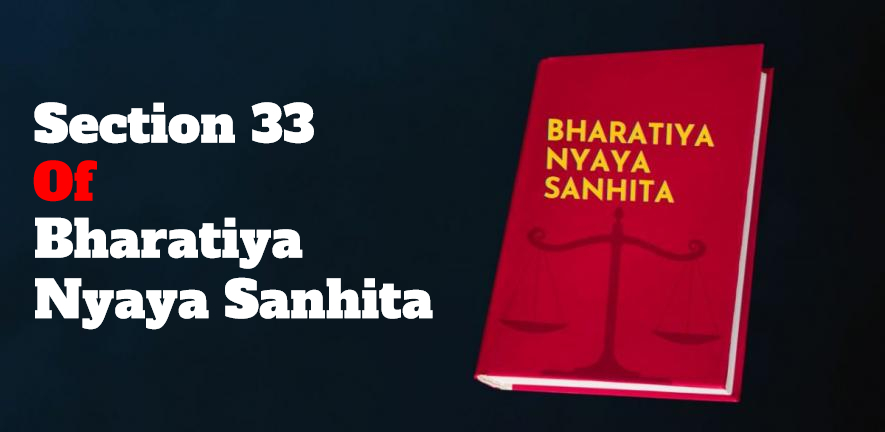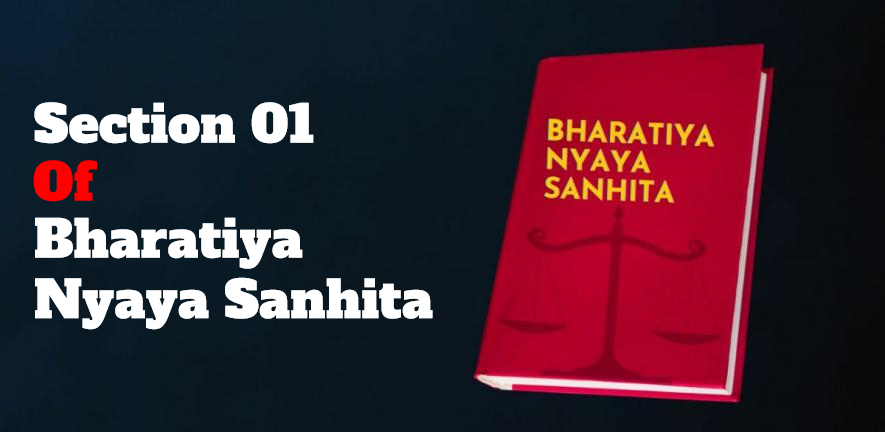Section 249 of the Bharatiya Nyaya Sanhita (BNS) addresses the offense of harboring or concealing a person known or believed to be an offender, with the intention of shielding them from legal punishment. This section is designed to deter individuals from assisting criminals in evading justice.
1. Definition of Offense
The section specifies that anyone who harbors or conceals an individual, knowing them to be an offender or having reasonable grounds to believe so, is committing an offense. The intent behind this act must be to protect the offender from legal consequences.
2. Punishments Based on Severity of the Original Crime
The penalties for harboring offenders vary depending on the severity of the crime committed by the offender:
- 249(a): If the original offense is punishable by death, the person providing shelter can face imprisonment for up to 5 years and may also incur a fine.
- 249(b): For offenses punishable by life imprisonment or up to 10 years, the penalty is imprisonment for up to 3 years and a fine.
- 249(c): If the offense is punishable by imprisonment for up to 1 year (but not exceeding 10 years), the punishment can be imprisonment for a term not exceeding one-fourth of the maximum term for that offense, or a fine, or both.
3. Scope of Application
The term “offense” includes acts committed outside India that would be punishable under Indian law if committed within the country. This ensures accountability for harboring offenders regardless of where the crime occurred.
4. Exceptions
Notably, Section 249 includes an exception: it does not apply if the harboring is done by the spouse of the offender. This provision acknowledges familial relationships and provides certain legal protections in such contexts.
5. Legal Classification
- Cognizable: The offenses under this section are cognizable, meaning police can arrest without a warrant.
- Bailable: All offenses under this section are bailable, allowing for bail at the police station level.
- Trial Court: These offenses are triable by a Magistrate of the first class.
Conclusion
Section 249 of the BNS plays a critical role in maintaining legal integrity by penalizing those who assist offenders in avoiding justice. The varying degrees of punishment reflect the seriousness of aiding individuals guilty of serious crimes while also considering familial ties through its exceptions.

Adv Ashish Sharma has dedicated his career to helping individuals and businesses navigate the intricate legal landscape with confidence. From providing expert advice on current legal issues to offering clear explanations of legal principles, he strives to empower his audience with knowledge and understanding.

